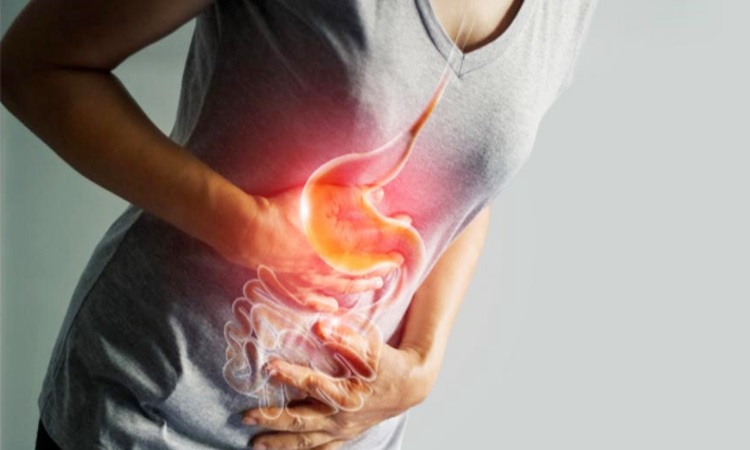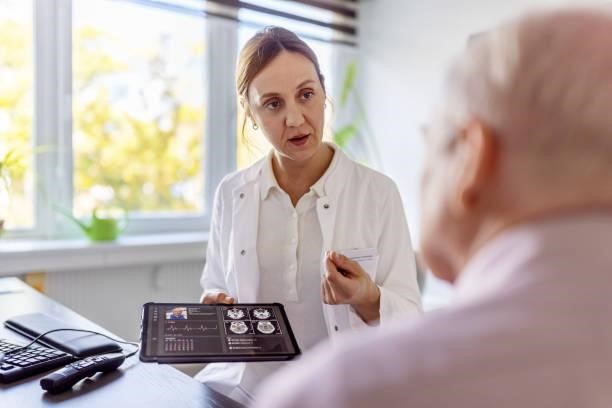Many of us have experienced a burning feeling in our chest after a large, fatty meal or an acidic beverage. Heartburn often causes this unpleasant feeling, but it has other symptoms. While occasional heartburn does not need to cause concern, chronic heartburn may signify other problems.
What is Heartburn?
Heartburn occurs when the valve that should keep acid inside your stomach lets some stomach acid escape. This reflux often happens after a heavy or spicy meal and responds well to over-the-counter antacids. On other occasions, heartburn occurs much more often. Your doctor may diagnose GERD (gastroesophageal reflux disease) and recommend prescription treatments to prevent the condition from causing long-term damage. On rare occasions, heartburn can signal a serious health problem.




